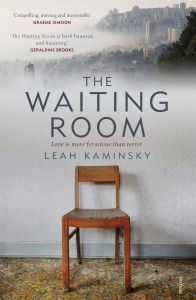My Year in Jewish Books
 For the past four years, I’ve found it useful (and kind of fun) to look back on “my year in Jewish books.” So, borrowing some of the same introductory wording, I’m going to attempt to do something similar for 2015.
For the past four years, I’ve found it useful (and kind of fun) to look back on “my year in Jewish books.” So, borrowing some of the same introductory wording, I’m going to attempt to do something similar for 2015.
Reviewing my reading for 2015 (thank you, Goodreads!), I can see that, again, I do not and would not ever limit my reading to “Jewish books” exclusively. (By the way, in case you haven’t heard me say this before, I define “Jewish books” in the simplest terms as books with substantive Jewish content. In my view, non-Jewish authors can write “Jewish books.” And Jewish authors can write books that don’t strike me as overtly Jewish.)
But this year, as usual, I did read quite a few books that fall within the “Jewish book” category. And, as an advocate for Jewish literature, I’m proud of that.
Below, you will find these books presented in the order in which I read them (most recent first). I have also disclosed how I obtained each book: P (purchase), R (complimentary review copy), L (library), or FTB (for books I’ve read in manuscript prior to their release from Fig Tree Books in my job as FTB media editor). (more…)

 I was all set to wait patiently for the U.S. release of
I was all set to wait patiently for the U.S. release of